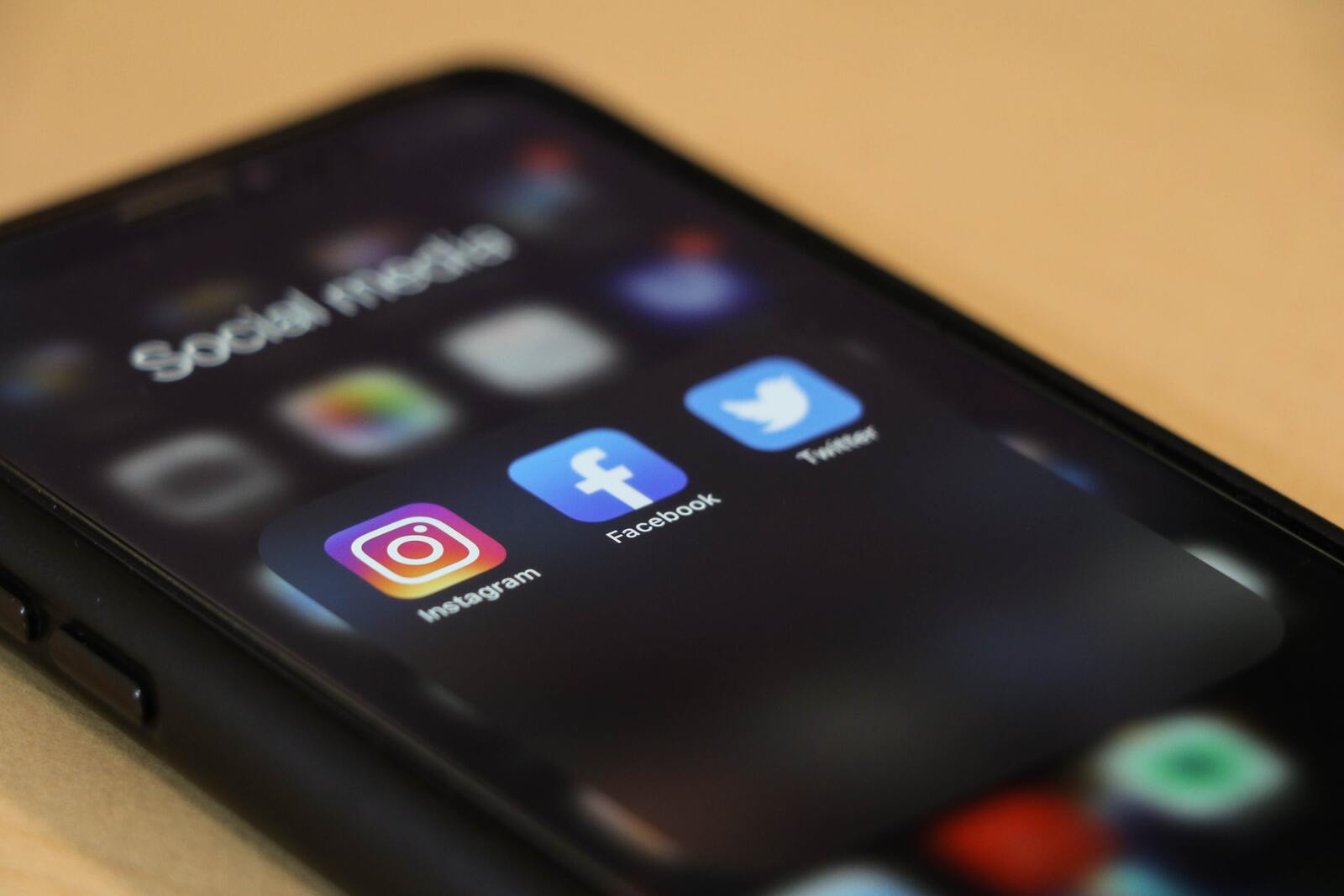Over recent years there has been a great deal of press coverage about the impact of social media and mental health.
Molly Russell, 14, took her own life in 2017. When her family looked into her Instagram account, they found distressing material about depression and suicide. Instagram made a statement confirming they do not allow content that glorifies self-harm and suicide and that they remove content of this nature.
However, hashtags like #selfharm and #suicide allow Instagram users to look at fatalistic, graphic images of slashed wrists and motorway bridges with signs saying “jump” are easily accessible and likely to be viewed by thousands and thousands of people. These are extremely distressing images for anyone to see, the impact for someone suffering with a mental health condition is unimaginable.
The UK government is urging social media companies to take more responsibility for their online content. Health Secretary, Matt Hancock announced in October 2018 a review of the impact of excessive social media can have on children’s mental health is to be conducted.
The review, to be conducted by chief medical officer Dame Sally Davies, will cover cyberbullying, online gaming where there is a social media aspect, sleep problems, and problematic internet use, also known as “internet addiction”.
Self-esteem
By comparing ourselves to others that we see on social media – whose images have often been filtered and re-touched, we are measuring ourselves and our self-worth against how other people are portraying themselves. This can only compound our feelings of insecurity.
Human Connection
As human beings we enjoy forming relationships with each other and being able to communicate. Spending too much time online making digital friends as opposed to getting to know the real-life person.
Sleep
Checking our social media and being online can keep us awake at night. The white light from our devices hinders our sleep and the interaction prevents us from winding down and not allowing our brains to rest. The internet is never closed so its down to us to switch off and move technology away from our sleeping area.
What about the positive side of social media?
There is also a huge amount of positive content on social media and many examples of people sharing their experiences to support others. Many feel that technology in general is good, however, there is evidence to show that children who use social networking sites on a school day are twice as likely to report high or very high scores for mental ill-health. The rise of social media has meant that as a global population we are more connected than at any other point in history. Understanding the risks that young people may be exposed to is the first step in protecting them.
Four ways to keep your child safe online:
- Talk regularly about online safety and what they are doing
- Explore their world online together
- Agree rules about what is OK and what is not
- Manage your family’s settings and controls
Tips from Share Aware www.nspcc.org.uk
Memory
Social media can provide us with the ability to look back on events and allow us to revisit our memories. It is also a place where we can safely store photographs.

